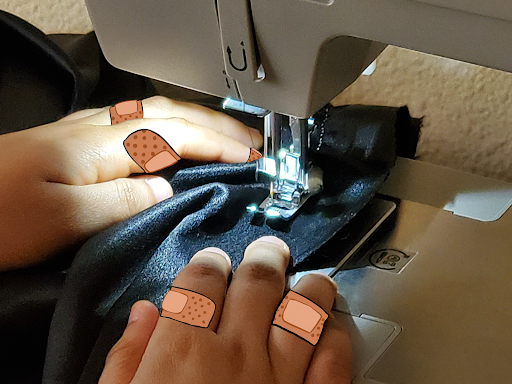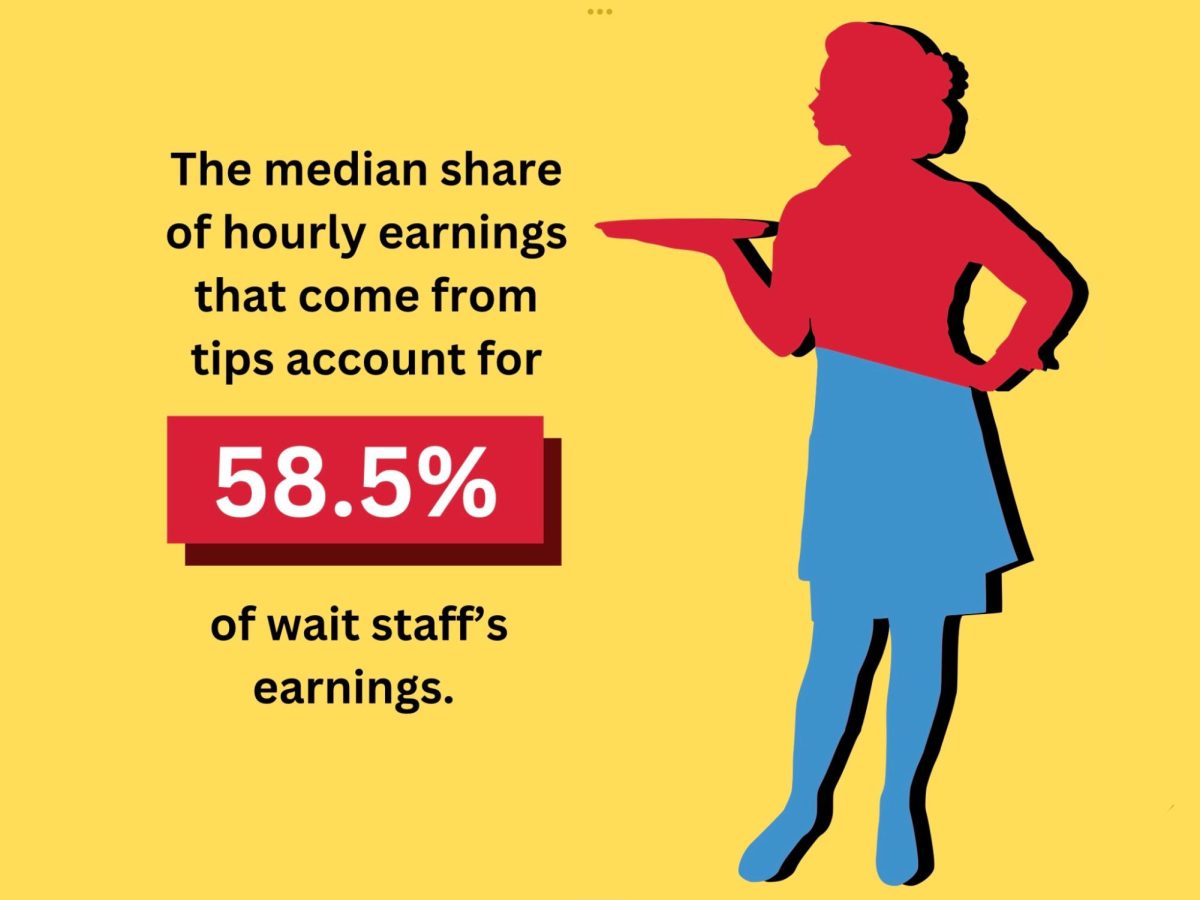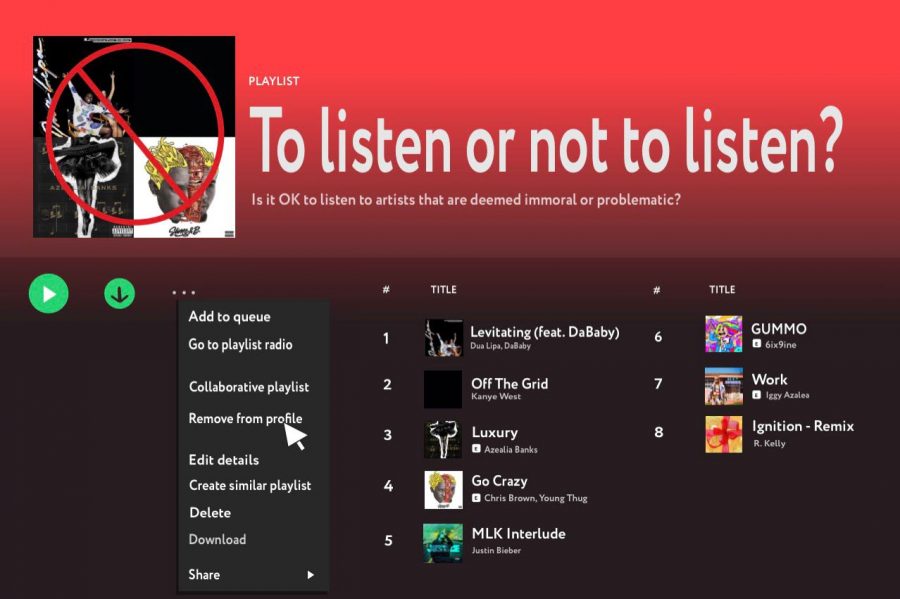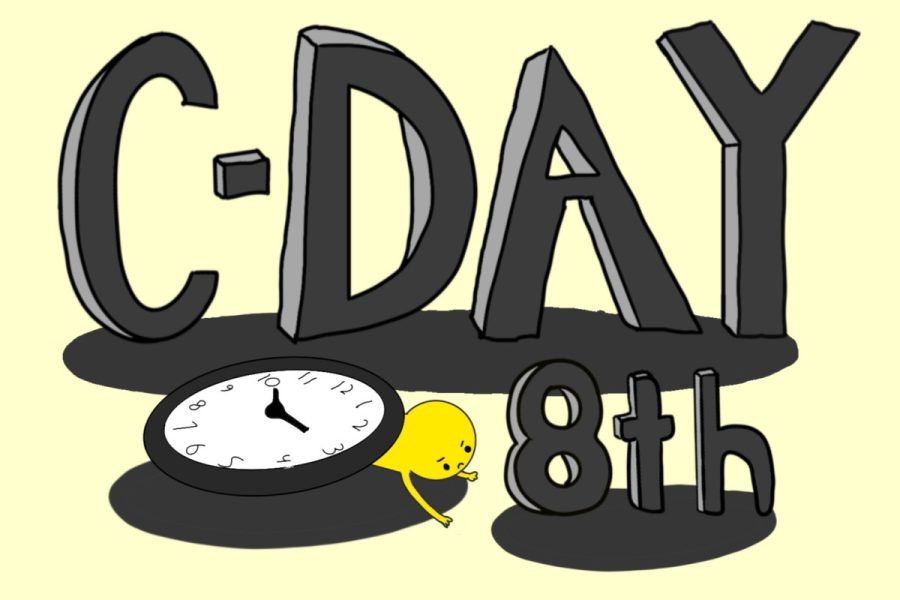“That’ll be $3.15,” the cashier said, her gaze briefly flickering to the screen asking for tips.
As my finger hovered above the miniscule “No Tip” option, I glanced at the cashier again before sighing and tapping 20%.
Tipping culture is a problem, and a uniquely American one.
In every other country except Canada, tipping rates are significantly lower or nonexistent. However, the United States adopted a unique approach to gratuity. While tipping should be used as a method to reward good service, as it is in other countries, it has become a deeply ingrained economic and social system that many argue is problematic.
In the United States, tipping is not viewed as just a gesture of appreciation, but is a fundamental aspect of any service job. Even though the United States has the highest suggested gratuity rate in the world, failure to tip implies dissatisfaction with the service regardless of the actual quality.
Even if there is a reason for not tipping, such as personal finances or unawareness of the U.S. tipping culture, there is a social stigma from deviating from the suggested gratuity. Almost half of U.S. citizens cited social pressure as a factor in deciding whether to tip or not.
If you are an American citizen, you may see the tipping system as normal or the status quo. In Europe, tipping is only occasionally customary in sit down restaurants or other service heavy establishments, whereas in the U.S. tipping is ingrained in almost every single commercial business, regardless of the level of customer service. In parts of Asia, like Korea and Japan, tipping can be perceived as rude; in most other parts of Asia, tipping is simply non-existent.
Although most American citizens adhere to the tipping system, there is a growing number of the population unsatisfied with the increasing tipping rates. In a recent study, when Americans were prompted with a choice to tip, two-thirds stated tipping is more of an obligation rather than a choice.
A common argument for American tipping culture is it helps employees by providing additional cash flow to workers that make minimum wage.
One of the major economic downsides of the U.S.’s tipping culture is employees are paid significantly less due to the unusually high gratuity. Therefore, the United States has a type of employment called a tipped employee.
The U.S. Department of Labor states “An employer must pay a tipped worker at least $2.13 per hour under the FLSA.” Compared to the federal U.S. minimum wage of $7.25, the wage for tipped employees is less than a third of that.
Considering many high school students work part-time jobs at local restaurants, this wage is far too low to sustain college savings, let alone adults who are working for a better quality of life.
Many CHS students work at local restaurants part time, and these wages diminish much of the time spent working to save for college.
In light of all of these issues with American tipping culture, it’s clear that change is necessary. Now is the time for individuals to speak up, raise awareness and advocate for fair compensation for service workers. Through collectively challenging the status quo, we can help contribute to a more just system for both service workers and consumers. Every voice matters in reforming a system so deeply ingrained into today’s society.
While tipping should be used as a method to reward quality service, normalizing tipping without any correlation to actual customer service helps perpetuate an unfair system. It normalizes an economy where the base wage relies on societal pressure rather than fair compensation from workers. A lack of a tip should not dictate a worker’s pay, nor should it be socially unacceptable for someone to not tip.
Follow Hamza Zakir (@hamza_a_zakir) and @CHScampusNews on X















